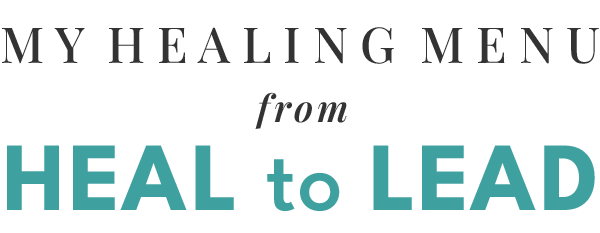Whether you work as a consultant or own an agency, one of the most powerful things you can do for your business is take the time to reflect back — on the work you’ve done and how you’ve shown up as a leader.
Most of the time we spend all of our time on the planning and the executing, and the reflecting part gets short shrift, but when I was in grad school I learned about one of the most important activities for continuous improvement that you can implement as early as this evening.
It was a very simple activity referred to as the “postmortem”.
In education when you plan and execute a lesson or a series of lessons, the postmortem is the period after the project where you reflect on how it actually went and often where you talk about the things that frustrated you about the process.
If you do it effectively you leave the experience with an understanding of the things that worked that you can do again and the things that did not work at all, that you can avoid in the future.
I found this process to be so useful, I decided to incorporate it into another routine.
One that isn’t mentioned very often in the entrepreneurial world, but that has had a major impact on my business and my life.
An end-of-the-day postmortem.
At the end of every day, I reflect on 4 things.
1. Gratitude: I start by writing down what went well and what I am feeling good about. These are things that I am grateful for and could include the time I spent with my daughters today or the exciting conversation I had with a client.For yourself, it could be that proposal that was just accepted from a fantastic client, the team meeting you hosted this morning where everyone felt like they were on the same page, or that amazing feeling you get when you delivered a campaign on time that performed well.It’s so easy to gloss over the things that worked, but when you bring them to the forefront, you realize that even on your worst days, you’ve had wins.
2. Improvements: I then take the time to write about everything that did NOT go well. These are things that I seek to improve and may include things like having my calendar be too full or gaps that I see in my on-boarding process.For you, it could be that tech tool you’ve been using for project management that seems to be too glitchy, or that ad campaign that just fell flat, or that proposal that no one responded to. Whatever it is, call it out just like you do the gratitude because then you’ve named it and can address it.
3. Focus: Based on all of the information I have just written down I ask myself honestly what my focus should be for the following day. This might be where I jot down things I want to make sure I do, things I may be putting off, or areas that I haven’t spent enough time on.For yourself with the above example it may be researching new project management tools, doing that audit on the campaign to see where it might be improved, following up with that proposal. By making clear choices the day before about the action you will take the following day you’ll show up to the office with targets to hit and go into your day knowing what you want to tackle.
4. Takeaways: This is where I ask myself, what have I learned? Every day is filled with lessons about ourselves and our businesses so I usually take the time to honestly ask what those lessons are for me. I like to chronicle patterns I notice in my behavior, things I see as themes with clients, etc.
You’ll likely also notice lessons that come up again and again when you go through this process.
And if you do this over time you’ll see something very important.
Patterns.
If something keeps showing up in Improvements it may be something you need to address for your agency.
If something comes up again and again in Focus and you haven’t done it, ask yourself WHY you’re procrastinating? You may discover there’s something much deeper going on — and better to discover it now before it derails a whole project.
Some questions to ask yourself:
• Do you have a way to reflect on your work within your agency?
• Does your team have a way to do this?
• Do you celebrate the good moments both for your team and yourself?
• Do you actively look at the things that go wrong and ask what can be improved?
• Do you have an agenda when you come in for the day or does the day dictate your agenda?
• Most importantly, do you carve out the time for yourself to ask about these things?
If not, feel free to use this model above, or create your own. I promise you’ll learn a lot not only about your agency but about yourself as well. Excelsior!


0 Comments